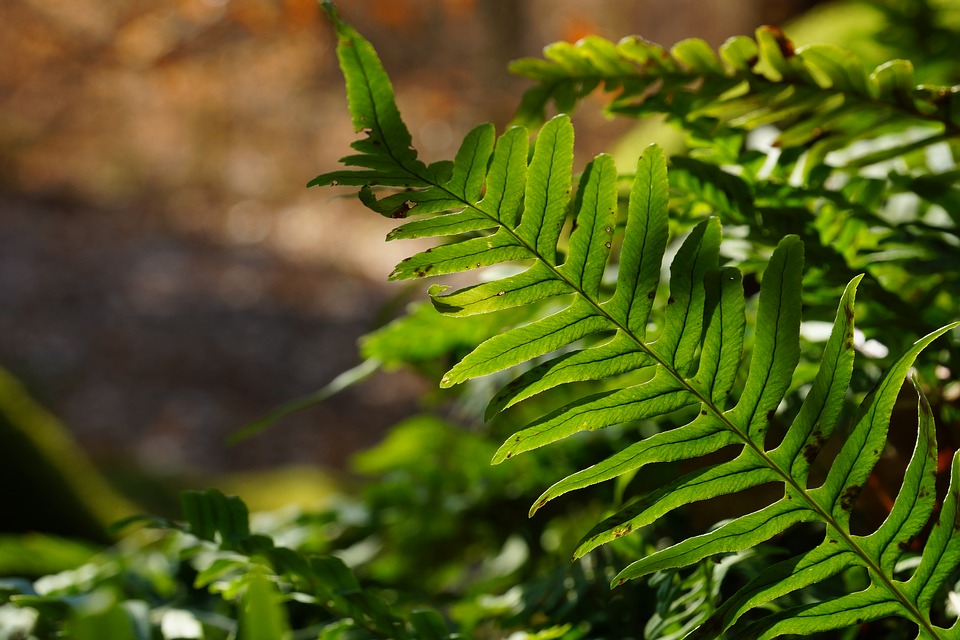Researchers at the University of Portsmouth in the United Kindom have engineered a new family of enzymes to convert plant waste into sustainable products.
The team involved in the project is the same team of experts who reportedly created a mutant enzyme that can digest plastic materials last year.
This time, the scientists collaborated with U.S.-based researchers to genetically alter an enzyme found on lignin, a natural polymer that forms the critical structural materials in the support tissues of vascular plants and some algae.
Scientists have reportedly been working for decades to find a method that would allow them to break down this complex class of polymer efficiently.
Professor John McGeehan, Director of the Centre for Enzyme Innovation in the School of Biological Sciences at Portsmouth, said:
“This is our goal – to discover enzymes from nature, bring them into our laboratories to understand how they work, then engineer them to produce new tools for the biotechnology industry.”
McGeehan, together with researchers from Montana State University in the United States, claimed to have found a way to breakdown lignin, and that’s by engineering its naturally occurring enzyme.
Engineering a new Family of Enzymes
According to Prof. McGeehan, lignins were evolved materials produced by plants to protect their sugar-containing cellulose. However, only a small group of fungi and bacteria can tackle them. Prof. McGeehan noted:
“Lignin represents a vast potential source of sustainable chemicals, so if we can find a way to extract and use those building blocks, we can create great things.”
Despite years of efforts, enzymes discovered by scientists today only work on one of the building blocks of lignin, which makes the breakdown process inefficient.
But, with the help of 3D structural and biochemical techniques, Prof. McGeehan and his team were able to tweak the shape of the enzyme so that it could accommodate multiple lignin building blocks.
The new family of enzymes paved the way for the British and American researchers to extract lignin and create high-demand sustainable products like bioplastics, nylon, and carbon fiber.
Dan Hinchen, one of the researchers and a postgraduate student at Portsmouth, said:
“We used X-ray crystallography at the Diamond Light Source synchrotron to solve ten enzyme structures in complex with lignin building blocks. This gave us the blueprint to engineer an enzyme to work on new molecules. Our colleagues were then able to transfer the DNA code for this new enzyme into an industrial strain of bacteria, extending its capability to perform multiple reactions.”
Aside from converting plant waste into other useful products, extracting lignins efficiently could also help reduce our reliance on oil in manufacturing everyday products, thus reducing carbon emissions as well.
The team’s study was published in the journal Proceedings of the National Academy of Sciences.



















Comments (0)
Most Recent